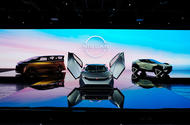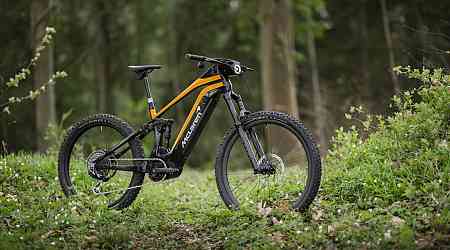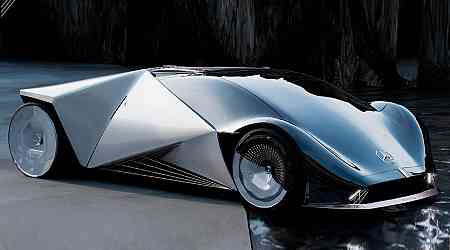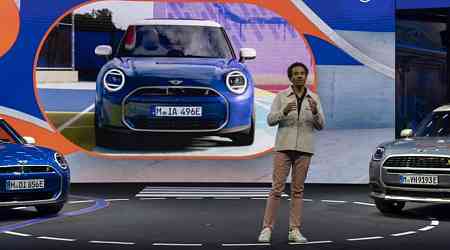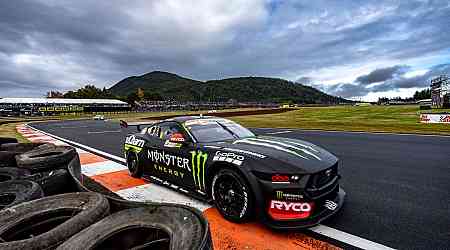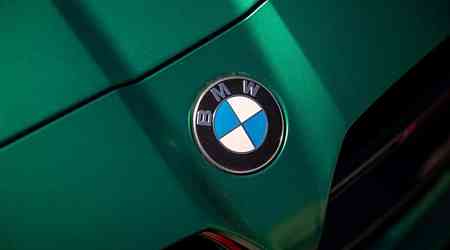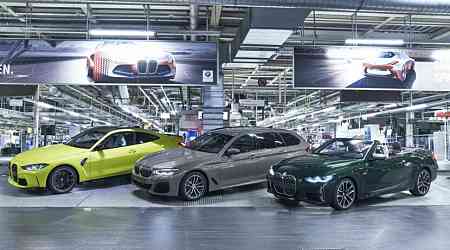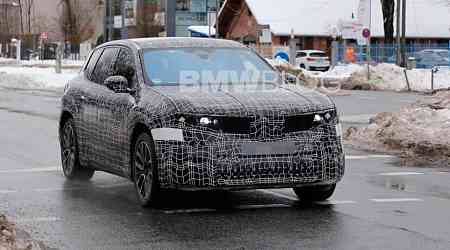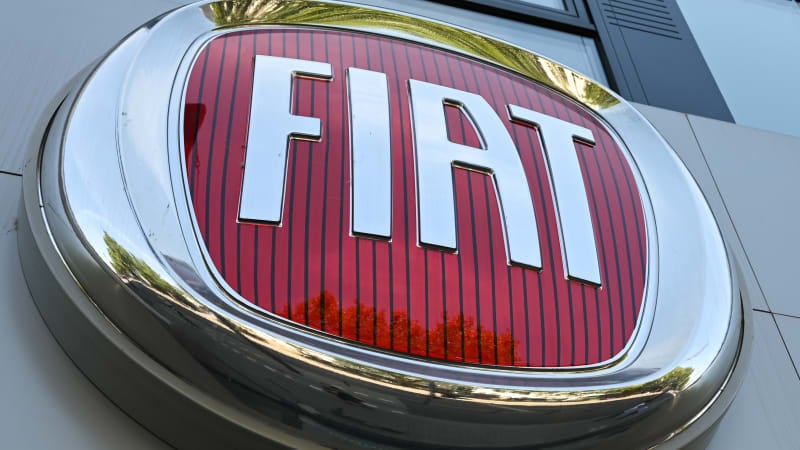Nissan remains committed to its EV objectives but will prioritise 'flexibility'Makoto Uchida commits to Nissan's long-term electrification goals, but admits "the pace may have to be adjusted"
Nissan will work to offer a 'flexible' mix of powertrain technologies in response to wavering global demand for electric cars, but remains committed to its long-term electrification objectives.
That's according to CEO Makoto Uchida, who opened the 2024 Financial Times Future of the Car conference with an overview of Nissan's global performance and evolving electrification progress.
He was speaking just over a month after Nissan revealed its new 'Arc' business strategy, under which it will launch 30 new cars over the next two years, 16 of them electrified in some way, with a view to achieving a 40% global sales mix of electrified cars by 2026.
This plan was devised with a view to adapting to an uncertain market environment, Uchida said, and will allow Nissan to maintain a footing in markets that are slower to move to electric vehicles.
"We have always been telling you that electrification makes sense depending on the customer's choice," he said.
"We know that the current pace [of EV adoption] has slowed down, but our ultimate goal will be the same.
"How we keep our roadmap flexible enough to the current situation and moving forward is going to be the key, We have to have a difference of our electrification strategy in each respective market. How flexibly we can adjust is going to be key."
"We are still keeping our goals, but the pace of the roadmap might have to be flexibly adjusted. It's a matter of whether we can provide the appropriate product to the customer demand - and of course customer acceptance and taste will need to be carefully monitored."
Nissan recently hinted at plans to replace the Juke and Qashqai crossovers with pure-electric equivalents in the coming years, and before that will launch a third-generation Leaf and a Micro replacement based on Alliance partner Renault's new 5 supermini.
In China, where Uchida acknowledges Nissan needs to work to fend off new rivals and bolster its brand perception locally, the company will launch five new electric models which it previewed recently with concepts at the Beijing motor show.
Crucially, he said, these will be developed – in collaboration with joint venture partner Dongfeng – "in China, for China", meaning they can be engineered and designed from the ground up to cater specifically to Chinese market demands and tastes.
"We used to have a kind of global company, where we used to design everything in Japan and adapt it for the US, Europe and China - but this scheme will no longer exist," he said.
He did not write off the possibility of these China-developed cars being exported to other global markets, acknowledging that Nissan has "excess capacity" at the moment in its Chinese factories, but emphasised that the cars will be developed chiefly with China in mind.
Another key tenet of the Arc plan is for Nissan to reduce its EV production costs by some 30% in order to better compete with fast-moving Chinese rivals. This will be achieved, Uchida said, ""not only with supply chain cooperation, but also in-house technology, battery sourcing - and we need to design the cars on less diversified platforms in order to ensure our costs are competitive."
Uchida also said Nissan remains committed to putting solid state battery technology in a production car in 2028, citing the emerging battery technology as a potential "game-changer for the future in terms of the acceptability of BEVs".
"We still have a lot of confidence in making this happen for the market," he said, reaffirming a commitment to open a pilot plant this year and ramp up to mass production in the next four years.


















